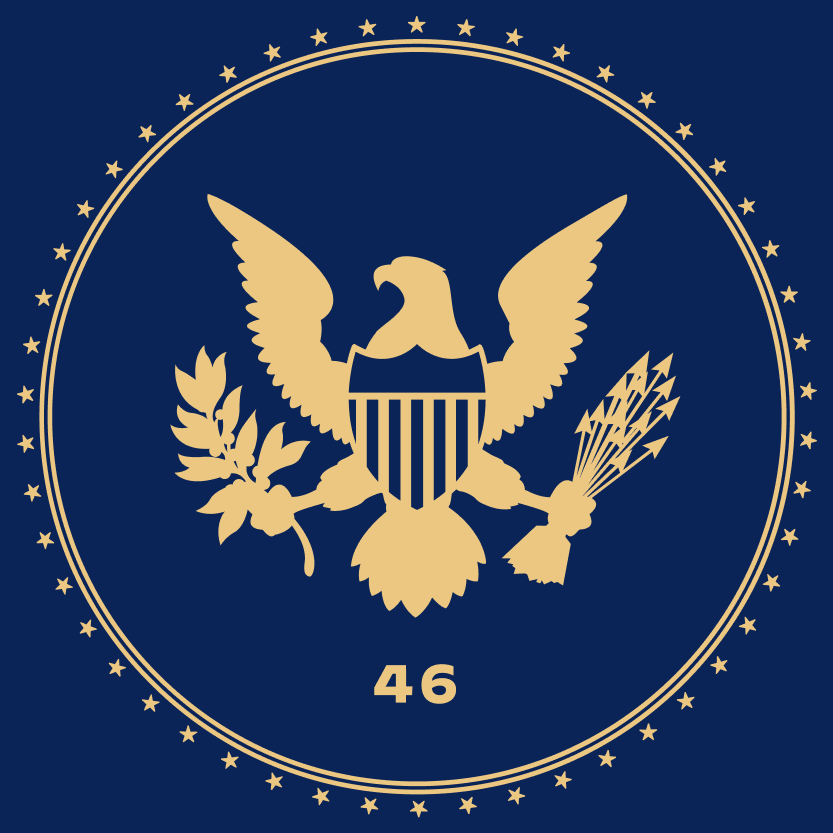
Public Diplomacy Priorities for the Incoming Biden Administration
The change of any administration provides an opportunity to chart the course of the American message over the next 4 years, and next year will offer a major opportunity to do so.
Restoring credibility to the American message will take more than just a change in rhetoric—it will take a major change in behavior. Though improving rhetoric is certainly likely to make an immediate difference in international sentiment towards the United States, the difficult part is ensuring that sentiment remains changed. There are many steps that can be taken to improve the credibility of America’s message abroad, ranging from those that are agency-specific, to those more general in nature. Organizations like the Public Diplomacy Council and former State Department officials have made a number specific recommendations worth factoring in to any new public diplomacy strategy.
The process of building the kinds of relationships that naturally invite cooperation on policy can be painstaking. The beginning of the Obama Presidency also saw a large, practically instant bubble in public approval and admiration of the U.S. that lasted through much of the next 8 years, but the post-2016 period proved how quickly this could be lost. As we contemplate how to build a lasting strategy for attracting foreign publics and building soft power, there is some immediate work to undertake in 2021. Below is a short list of priorities to undertake an effort to rebuild a lasting American image abroad.
- Set a better example at home — The standards by which the world judges America are benchmarked against the ideals it proclaims. Issues like civil rights, achieving the American dream, and freedom of the press have become increasingly challenged. The world has noticed the Black Lives Matter protests in the United States, as well as the reaction against it. In the eyes of the world, this signifies not necessarily a system that allows for self-correction, but a system that has failed its people. America needs to do better. As a nation whose citizens often cite it as the freest country on Earth, ranking 45th in press freedom is a sign that something has gone seriously wrong. Setting an example at home is critically important for maintaining credibility in a world with increasingly adversarial viewpoints. If there is an American example the world has followed, it is the right to protest.
- Do something about the coronavirus — Recent news of vaccine trial successes are encouraging, but America’s performance during the coronavirus pandemic has not been particularly impressive. If as the richest, most powerful nation on earth, the United States wanted to set an example on how to prepare for and beat a pandemic, it has failed. Resistance to scientific and medical advice, as well as a slow response, and an unfounded debate over the very existence of the virus, has caused foreign publics to rank the U.S. response to the virus as the worst in the world. The U.S. should have handled this better, and the world has noticed. The Biden administration will certainly be aided in its efforts to handle the virus by the introduction of new vaccines, but efficient distribution, and effective mitigation prior to that distribution is vital. However, if the U.S. is perceived as only helping itself, its international reputation may continue to dwindle.
- Be inclusive, not exclusive — Foreign audiences need to have a stake in the game. If America focuses solely on itself, its own needs, and sees foreign publics as mere targets of persuasion, then it will lose the influence it seeks. For foreign publics to have a stake in America’s success, it is wise for America to have a stake in their success, and seek ways to encourage that success. It should listen to foreign publics and factor the information they provide into its decision-making process. America should demonstrate the benefits of working with America and participating in the international system. It should strengthen international organizations through its own active participation and encourage (rather than chastise) others to contribute. American participation provides weight to these international efforts and creates buy-in, while providing necessary counterweight to those countries that would abuse those organizations. Providing more positive opportunities to interact with America will help include populations that otherwise feel excluded.
- America Leads, not America First — If trying to influence the world in its favor, “America First” is a terrible message for the country. While it is implicit that all countries are acting in their best interest, including the United States, America’s success is ultimately dependent on the success of its network of partners and allies as well. A proper ‘America first’ attitude would mean realizing the value that allies and partners provide. The United States should lead the world in a beneficial direction, but it cannot “lead” by reminding others that its needs reign supreme. President-elect Biden would do well by placing the United States in a forward leaning posture, by clearly stating its international objectives and developing plans to reach those objectives through the cooperation and partnership of allies. Leading by example is extraordinarily critical for doing this correctly.
- Reactivate exchange programs — COVID has presented serious challenges to the concept of closing the ‘last three feet,’ as the means for reducing the spread of the illness has literally required maintaining a six+ foot distance. International travel has been restricted and foreign students studying in the United States have been presented with challenges regarding their visas while classes have been virtual. As some of the most fundamental public diplomacy programming, exchanges are vital for building lasting relationships between the people of the United States and foreign publics. They are a primary means of connecting people with the United States in profound ways—and any reasonable effort to make accessible and improve those connections should be considered.





